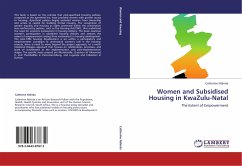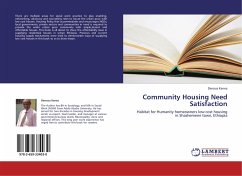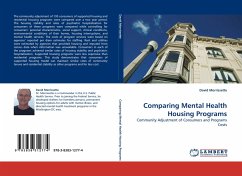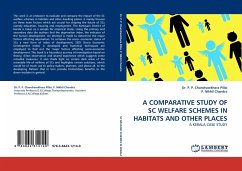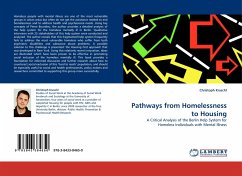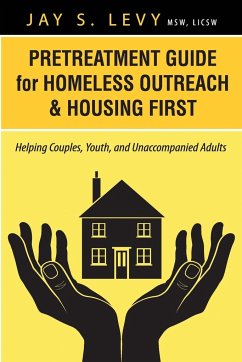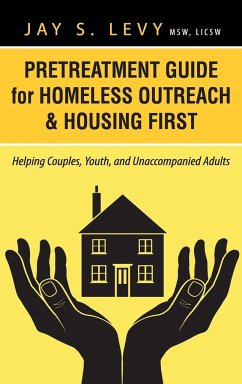This book is based on the premise that post-apartheid housing policies, compared to the apartheid era, have provided women with greater access to housing. Apartheid policies largely excluded women from ownership and access to capital for building formal housing. The recognition of gender equality and housing as rights protected within the constitution was reinforced by policies, such as the Housing Act(1997), that underlined the need for women's involvement in housing delivery.The book examines women's participation in subsidised housing delivery and assesses the extent of empowerment arising from involvement in housing development. The post-1994 housing development is set within a participatory and empowerment paradigm.To understand women's role in the housing process, there is need to move beyond the project approach, to a multi-relational linkages approach that focuses on relationships, processes, and levels of involvement at the implementation and post-implementation stages. The specific areas covered are Ntutukoville, Q-section of Glenwood II, and Thembalihle in Pietermaritzburg, and Luganda and Ezilweleni in Durban.
Bitte wählen Sie Ihr Anliegen aus.
Rechnungen
Retourenschein anfordern
Bestellstatus
Storno

